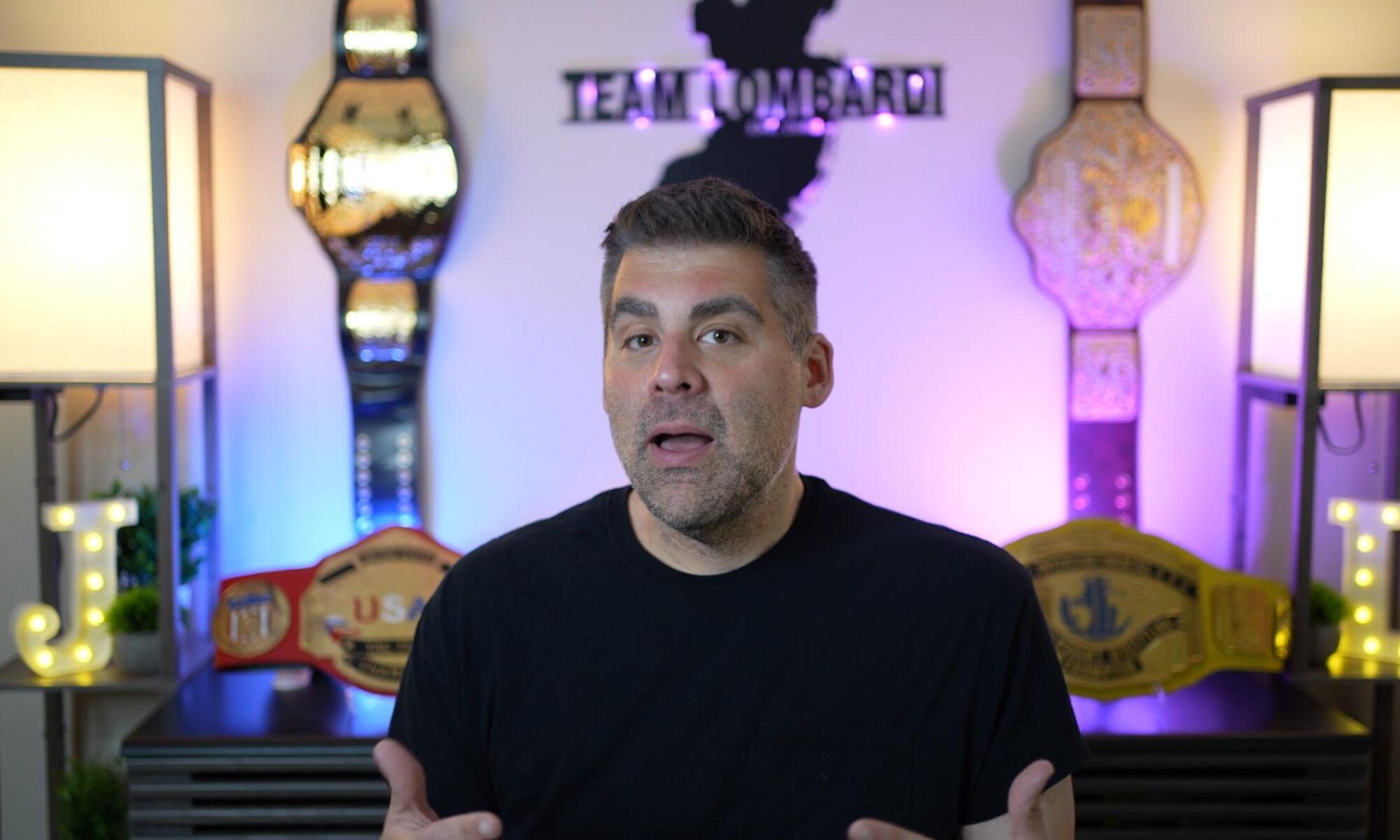After reading several fictional books in a row, I needed a break from fantasy. Naturally, I picked up “Tough Sh*t: Life Advice from a Fat, Lazy Slob Who Did Good” by Kevin Smith. For those people who are unfamiliar with Mr. Smith’s work, he is the writer and director of several beloved/hated movies about the slacker generation. Most recently, Smith has been leveraging social media to build his audience and brand after retiring from directing.
I don’t want to get into a debate on Kevin Smith’s abilities as a director or writer, you either like him or you don’t. I am not a total fan-boy for the guy’s work, but I like what he does more times than I don’t. Smith starts the book with childhood stories about his dad and their mutual love for George Carlin. Smith uses Carlin as a touchpoint in the book several times: first as a fan, then getting to know him as a director and a person – it reminds the readers that Smith is still a person and not a “celebrity”.
Kevin progresses quickly through the “Clerks” subject because if you know Kevin Smith, you probably know the story about that movie already. He uses Clerks to launch into the “failure of Mallrats”. “Mallrats” was Smith’s second movie, it was a big budget (for him) film that did not do well. Mallrats opens the book up to the most interesting subject he covers – the cost of movies.
Smith does simple breakdowns of how getting a movie made for “x” dollars is just the start of the debt once you get into post-production and marketing fees. A movie that costs $4 million to make, will end up costing $20 million by the time the audience gets to see it. This is pretty much the major subject of “Tough Sh!t”.
Smith does not want to navigate the politics of making $20 Million movies. Since that is the cost of getting a modest movie out to the audience, he stopped making movies. The issues and examples that he brings up are excellent, but I do have an issue with his logic…
The last couple chapters covers his recent podcasting and public speaking endeavors. From the information that Smith is presenting, he is doing well for himself performing live podcasts at college campuses and his own theater in California. Smith’s crew of misfits also produce and contribute content to their “Smodcasts”, so it definitely does not come across as a half-assed operation.
Since these guys have such a DIY attitude, I can’t understand why Smith would not attempt to make more films and distribute via his website similar to what Joss Whedon did with “Dr. Horrible’s Sing-a-long Blog”. Just as podcasting and internet are disrupting the music and radio companies, guys like Smith should be at the ground floor of the internet video revolution. I would like to see what the guy does with a direct video distribution channel.
Kevin Smith’s “Tough Sh!t” is an interesting book about how movies were made and foreshadows what avenues creative-types will have as outlets for their work. Smith’s trademark potty humor is omnipresent in the book (there are several graphic references about his wife and their sex life). I have to be honest, even though you KNOW it is going to be in the book, I just felt like it was tossed in because that is what the audience expects (meh – no harm, no foul). Overall, if you like Kevin Smith or are interested in the slow death of character-driven movies, read this book. If you are a fan of Bruce Willis, you might want to avoid it.












